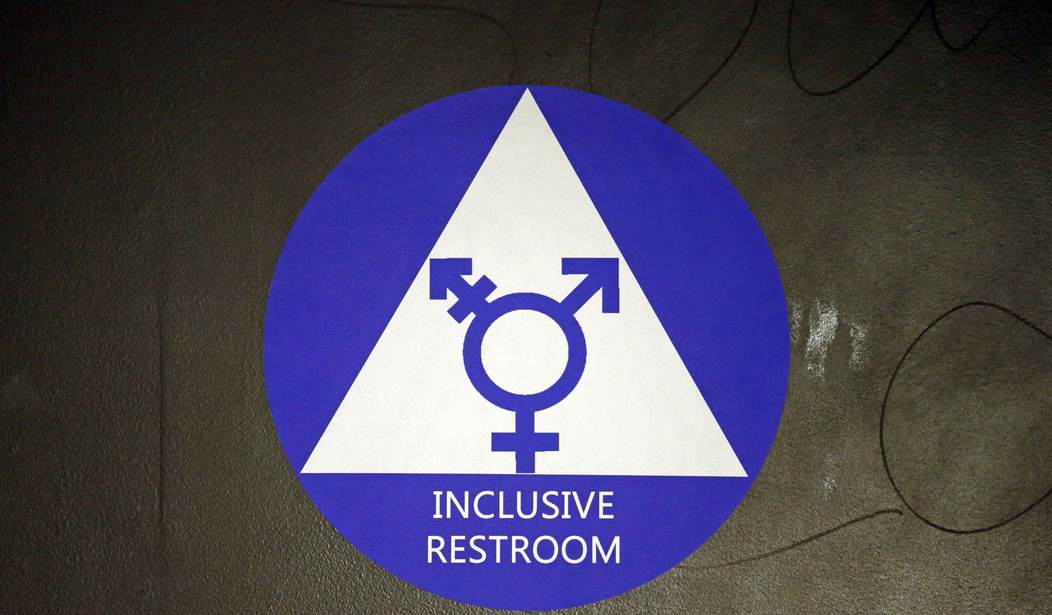This past Wednesday, apparently in conjunction with the observance of National Coming Out Day, a new directive was handed down by Health and Human Services and some federal judges. The directive mandated that federal employees and people appearing in some federal courts must use preferred pronouns. The genesis of the mandates has been traced back by Just the News to guidance issued by the Office of Personnel Management. Much of the document is written in standard Federalese, but here is the pertinent portion.
Names and Pronouns
All applicants and employees should be addressed by the names and pronouns they use to describe themselves. Using correct names and pronouns helps foster workplaces free of discrimination and harassment. This practice also creates an inclusive work environment where all applicants and employees are treated with dignity. The isolated and inadvertent use of an incorrect name or pronoun will generally not constitute unlawful harassment, but, as the Equal Employment Opportunity Commission (EEOC) has explained, continued intentional use of an incorrect name or pronoun (or both) could, in certain circumstances, contribute to an unlawful hostile work environment.
For an employee to be referred to by the name they choose and their identified pronouns in everyday interactions, both written and oral, agencies should not require a legal change of name or gender marker, any medical certification, or any other documentation.
In addition to HHS, Just the News reports that at least five district judges in the 10th Circuit Court of Appeals are demanding the use of “the selected pronouns of counsel, litigants, and witnesses,” and two others exert pressure on litigants to do so.
On October 6, Kansas Attorney General Kris Kobach sent a letter to Jerome A. Holmes. Holmes is the 10th Circuit’s Chief Judge. In that letter, Kobach notes that the idea that a person can decide what his or her pronouns are and demand that others comply is a recent development. He also asserts that the use of “they” and “them” can present problems when it comes to filing documents. Kobach also raises the issue that forcing someone to use pronouns and thereby “affirm such individual choices or feelings crosses a line and raises major questions regarding compelled speech and the First Amendment.”
Kobach also made a very salient point that by compelling the use of pronouns demanded by a litigant, the issue of judicial impartiality is raised. He notes that in doing so, the court is “staking out” a position on a matter that remains “unsettled in law and society.” He also questions whether or not a court has the power to order someone to use a person’s pronouns of choice.
Kobach’s letter raises valid issues. It is also quixotic. In 21st-century America, the First Amendment means whatever the people who wield power want it to mean. And at some point, the issue of pronouns will become null and void. The demand for proper pronoun use have become so ubiquitous that it is impossible to ignore. Even if, as many do, one simply does not care one way or the other, the only choices will be to risk sanction by playing pronoun roulette or being made to care no matter what, which, after all, is the goal. Even if you are open-minded and believe in live-and-let-live, you will have to not just comply but also care. You won’t have the option of remaining neutral.










Join the conversation as a VIP Member